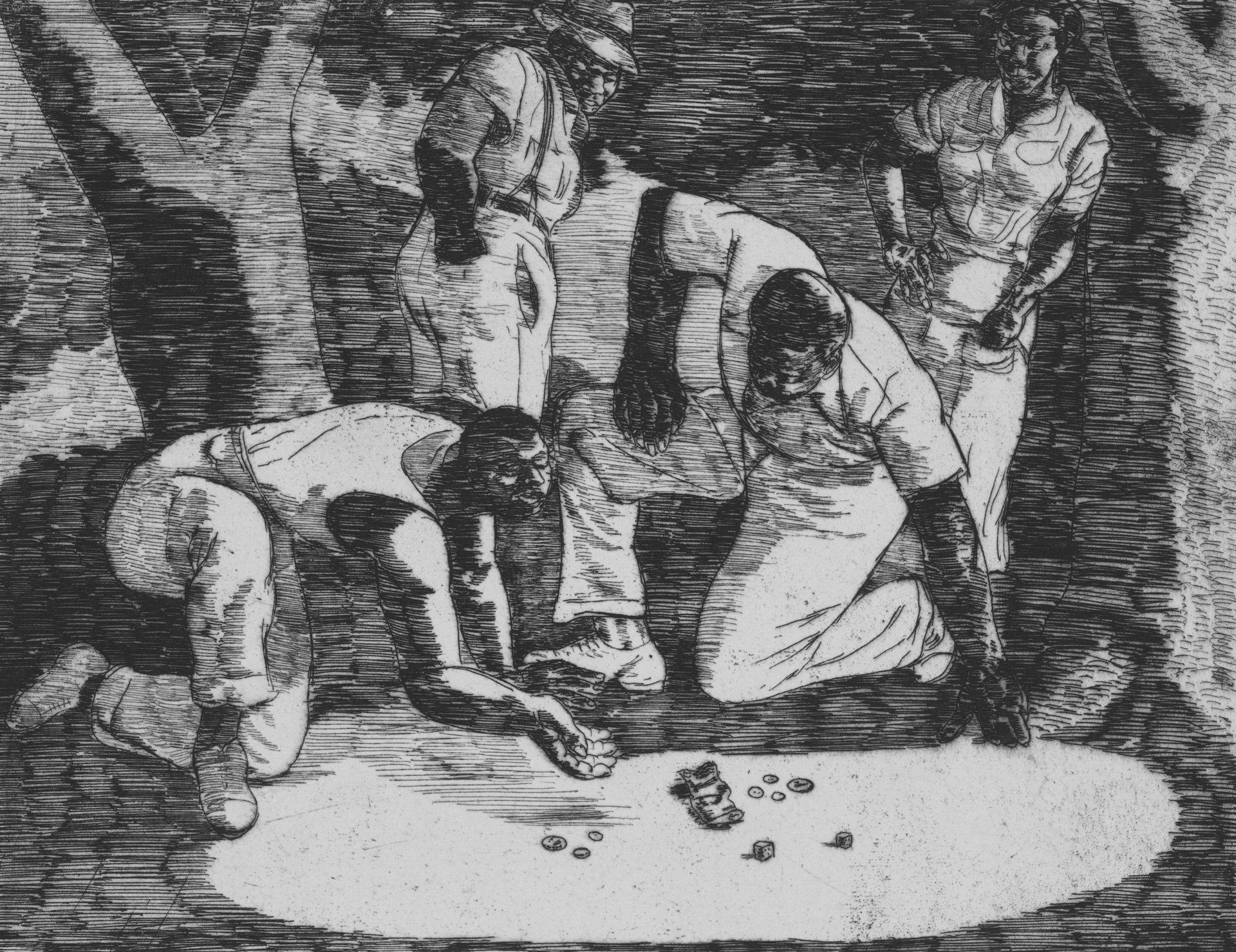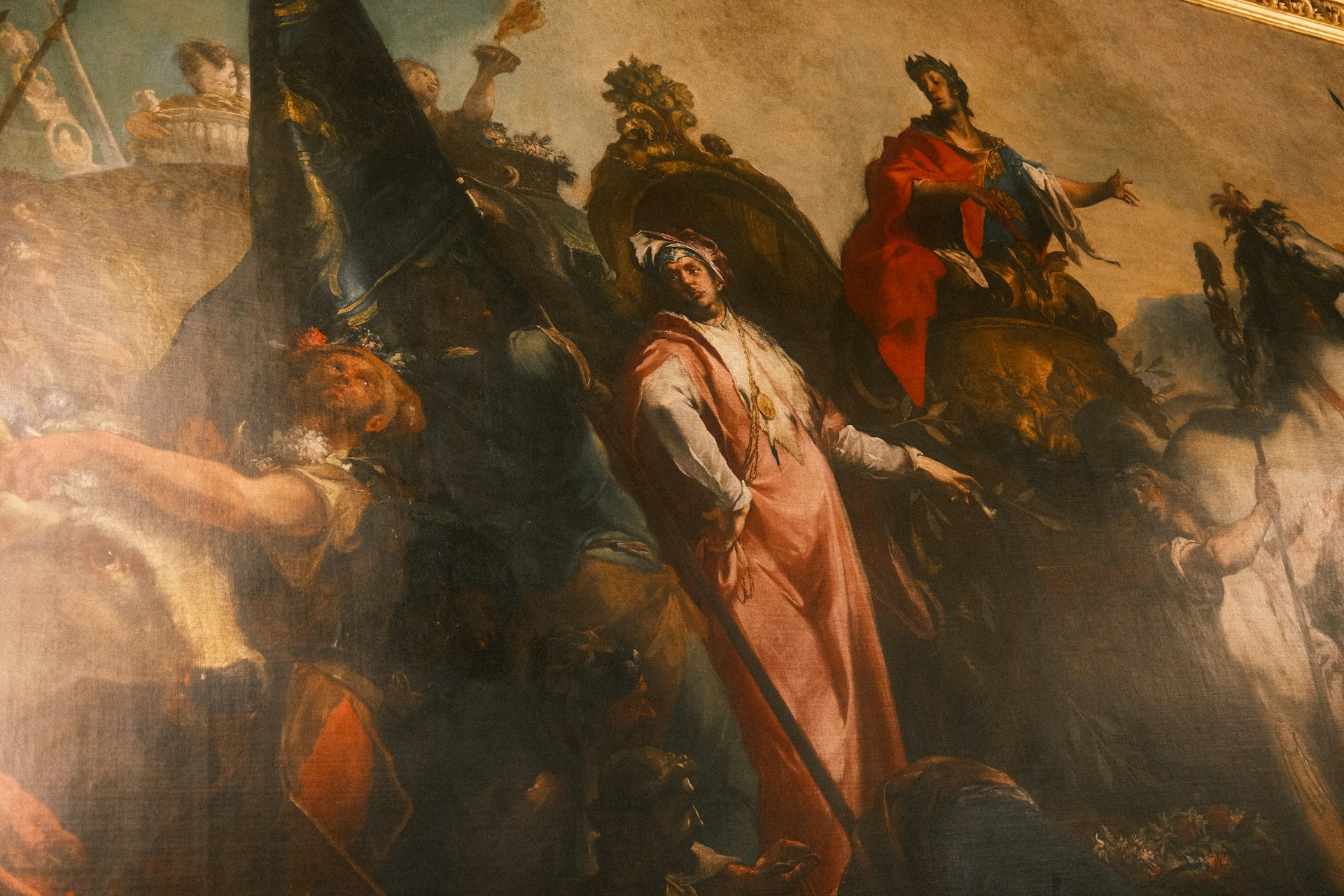Power, Protest, and Progress: How Sports Have Shaped Political History

Photo by Museum of New Zealand Te Papa Tongarewa on Unsplash
Introduction: The Interplay Between Sports and Politics
The worlds of sports and politics are often viewed as separate spheres-one for entertainment, the other for governance and societal decision-making. Yet, throughout history, sports have profoundly influenced political developments, shaped public opinion, and served as a battleground for social change. From global events to individual athlete protests, the interconnection between these fields is undeniable and continues to evolve with every generation.
[1]
Sports as a Platform for Social and Political Change
One of the most significant roles sports play in political history is providing a visible platform for social activism. Athletes, leveraging their fame and influence, have raised awareness about civil rights, injustice, and inequality. For example, Muhammad Ali, a legendary boxer, used his platform to protest the Vietnam War and advocate for civil rights, sacrificing years of his career and enduring public backlash for his beliefs.
[1]
Similarly, Tommie Smith and John Carlos famously raised their fists in a Black Power salute during the 1968 Mexico City Olympics, drawing attention to racial inequality in the United States.
[2]
To understand the impact of such actions, consider the following steps:
- Research the athlete’s activism: Look for reputable biographies, interviews, or documentaries to understand their motivations and the consequences of their actions.
- Examine historical context: Study the societal and political climate during the time of the protest or event, which often shapes both the athlete’s decision and public reaction.
- Assess the aftermath: Analyze how these moments affected public policy, media coverage, and the athlete’s legacy.
Sports Diplomacy: Bridging Divides and Influencing International Relations
Sports are not only a tool for domestic reform but also a powerful instrument of international diplomacy. Events like the Olympic Games and international soccer matches have historically been used to ease tensions between nations or underscore political stances. For instance, the “Ping-Pong Diplomacy” between the United States and China in the 1970s paved the way for normalized relations between the two countries.
[3]
Major sporting events have also been used to draw attention to human rights issues or apply international pressure. The boycotts of the 1980 Moscow Olympics by Western countries and the 1984 Los Angeles Olympics by the Soviet Bloc are prime examples of how nations use sports to make political statements and express opposition to policies or actions.
[3]
If you wish to learn more or engage in sports diplomacy, consider these steps:
- Study historical cases of sports diplomacy through academic journals or official Olympic archives.
- Reach out to embassies or cultural exchange organizations, many of which offer programs or seminars on sports and international relations.
- Attend international sporting events to observe and participate in cultural exchange firsthand.
Historical Case Studies: Moments When Sports Changed Politics
Throughout the 20th century, numerous sporting events have directly influenced political history. The 1936 Berlin Olympics, for example, was used by Nazi Germany as a propaganda tool. However, African-American athlete Jesse Owens defied racist ideologies by winning four gold medals, undermining Nazi claims of racial superiority and inspiring millions worldwide.
[2]
Another pivotal moment occurred during apartheid in South Africa. International sports organizations, including the International Olympic Committee and FIFA, banned South African athletes and teams from participating in major events. This global sporting boycott exerted pressure on the South African government to end its discriminatory policies, demonstrating the real-world impact of collective action in the sports world.
[3]
To explore these events in-depth:
- Access official Olympic records online or at your local library for detailed accounts.
- Consult historical documentaries or interviews with athletes involved in these events.
- Search for reputable news archives or academic publications covering these case studies.
Modern Era: Athlete Activism and the Political Arena
In the present day, athlete activism continues to shape political discourse. National Football League (NFL) players kneeling during the national anthem, NBA players wearing social justice messages, and international soccer teams making collective gestures have all sparked national and global conversations about race, equality, and free speech.
[1]
Additionally, some athletes have transitioned from sports to politics, using their platforms to seek elected office or advocate for legislative change. Examples include Imran Khan, a former cricket star who became Pakistan’s prime minister, and George Weah, a football legend who became president of Liberia.
[3]
If you’re interested in supporting or learning from athlete activism today:
- Follow official social media accounts of athletes known for their activism to stay updated on current causes.
- Join or donate to advocacy groups aligned with your interests, often promoted by athletes themselves.
- Attend public forums, lectures, or webinars where athletes and experts discuss the intersection of sports and politics.
Challenges and Controversies: Navigating Sports and Politics
While the fusion of sports and politics can drive progress, it also brings controversy. Some argue that sports should remain apolitical, serving as a unifying escape from societal tensions. Others contend that silencing athletes’ voices perpetuates injustice and ignores the influence sports figures have on public opinion.
[1]
For athletes and fans seeking guidance on navigating this landscape:
- Consider the policies of sports organizations regarding political expression. Review official league guidelines, often available on the organizations’ verified websites.
- Engage in respectful dialogue with others who hold differing views on the role of sports in society.
- Educate yourself on the history of sports activism to make informed decisions about participation and support.
Accessing Resources and Getting Involved
If you are interested in the intersection of sports and politics-whether as a researcher, activist, or fan-there are several pathways to access resources and participate:
- Use academic databases such as JSTOR or Google Scholar to find peer-reviewed articles on sports and politics.
- Visit the official websites of major sports organizations (like the International Olympic Committee, FIFA, or national sports federations) for statements and historical records.
- Contact advocacy organizations focused on sports equity, such as the Women’s Sports Foundation or Athlete Ally, for educational programs and volunteer opportunities.
- Follow local and national news outlets for current coverage on sports-related political issues. Many reputable publications maintain dedicated sports and politics sections.
In cases where specific programs or opportunities are mentioned by athletes or organizations, it is best to search for the program name on the official website of the relevant agency or organization. For example, if an athlete endorses a civic engagement initiative, visit the official website of the sponsoring organization or search for the initiative by name in reputable news outlets for application instructions.

Photo by Quino Al on Unsplash
Key Takeaways
The relationship between sports and political history is complex, dynamic, and impactful. From breaking racial barriers to facilitating international diplomacy, sports have repeatedly proven to be more than just games-they are powerful engines for societal transformation. By engaging with verified resources, respecting diverse perspectives, and learning from historic and modern examples, anyone can better understand and even participate in the ongoing dialogue between sports and politics.



